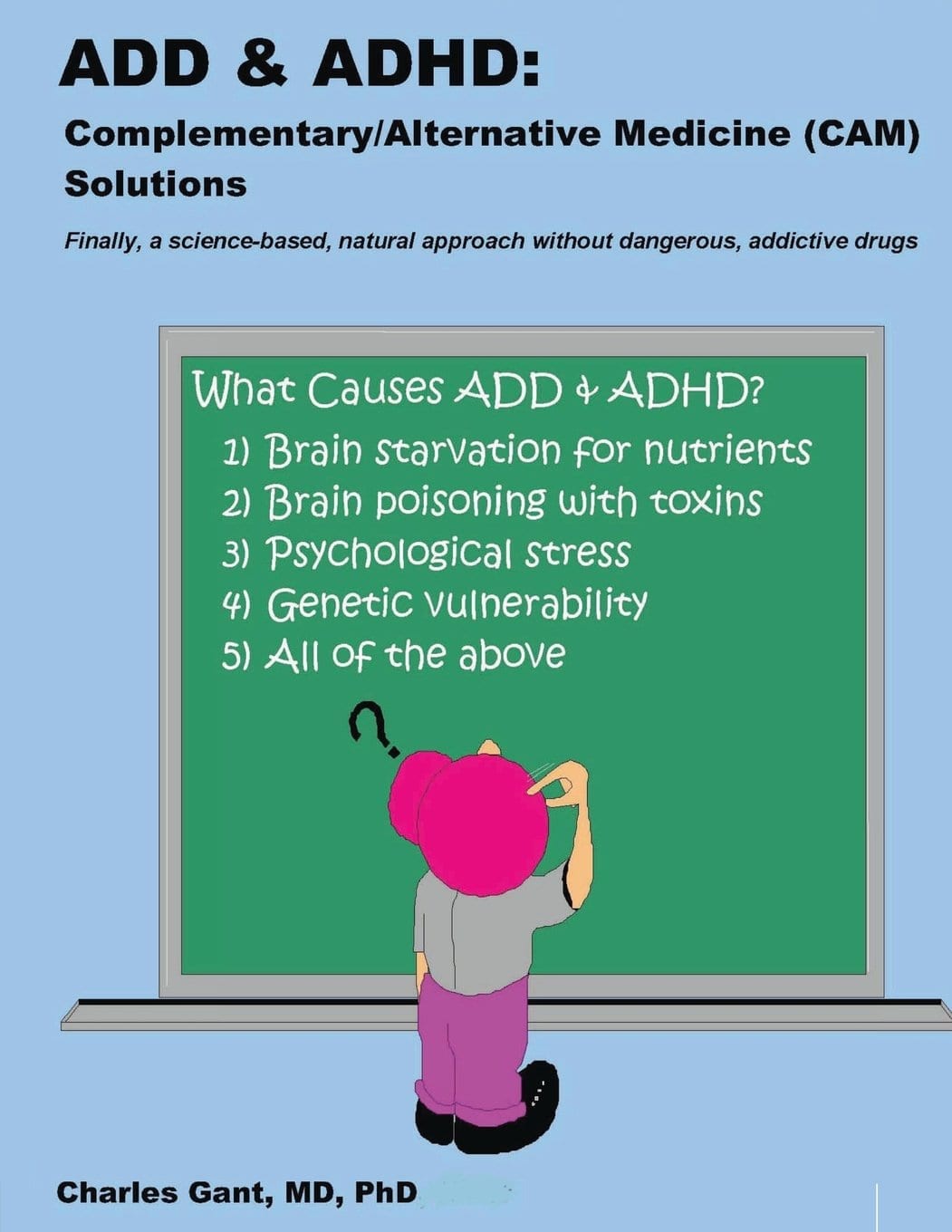ADHD – stands for Attention Deficit Hyperactivity Disorder. ADD is Attention Deficit Disorder without hyperactivity. The condition needs to be properly diagnosed following careful evaluation preferably by a suitable specialist in child behaviour and development. Children who are not doing well at school or who have behavioural/concentration problems may or may not have ADHD or ADD and it is important to seek a proper diagnosis before starting treatment.
Once diagnosed, it is important to adopt a multifactorial approach rather than medication alone. It is imperative that children who are diagnosed with ADHD/ADD receive appropriate and adequate treatment. Treating ADHD/ADD in children requires medical, psychological and educational intervention, as well as behavioural management. It therefore requires a team approach which should also include parent education and support.

Health experts say that ADHD (attention deficit hyperactivity disorder) is the most common behavioral disorder that starts during childhood.
Steps to assist parents of children with ADHD/ADD:
- Routine
Set up specified time periods for waking, bedtime, chores, homework, playtime, TV time, etc. Explain changes in routine ahead of time. Set up clear and concise rules of behaviour for the whole family, with consequences for breaking rules. Instructions should be clear and simple. Ask your child to repeat instructions.
- Act – don’t chitchat
Your child must have a quiet, special place in which to do homework undisturbed. Stimulation should be kept at a low level, such as playing with one friend at a time and one game at a time. Say what you need to say, but say it once, briefly, clearly and calmly. Act – don’t chitchat.
- Limits
Allow your child choices within limits. Teach appropriate verbal communication skills. Be aware of the difference between incompetent behaviour (this must be educated) and non-compliant behaviour (this must have firm limit setting and consequences).
Are there non-medication treatments available for ADHD?
According to researchers from the Children’s Hospital Boston, the initial evidence for some emerging balancing and alternative therapies, such as essential fatty acid supplementation, yoga, massage, homeopathy and green outdoor spaces, suggests potential benefits as part of an overall ADHD treatment plan.
Some children seem to respond to changes in diet and elimination of certain colorants and additives.
If medication is necessary for ADHD, are there side-effects that one should be aware of?
There are a number of medications available for the treatment of ADHD/ADD. The choice of medication depends on many individual patient factors and side effects also vary from patient to patient. There are children who experience no problems with the medication but there are others who have mild and brief effects and those who cannot tolerate the effects at all.
One of the most frequently used medications is Methylphenidate HCL (e.g. Ritalin, Concerta, and Adaphen). The most common effects are sleeplessness and nervousness, which may be dose-related and do subside in time. A loss of appetite is common but rarely a reason to stop the treatment as dietary adjustments can be made and long-term studies show no major effects upon growth.
Methylphenidate HCL is effective in 80% of real ADHD cases with improvement in concentration. In the other 20% of cases, other medications can be prescribed which may also be effective. Children with other behavioural problems, in addition to ADHD, may need different medications.
As with any medication, individual responses may differ and any side effects, however small they may seem, should be brought to the attention of the prescribing doctor.





Be the first to comment on "My child has ADHD, what is this and what are the treatments?"